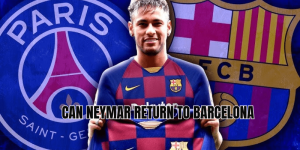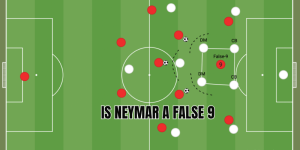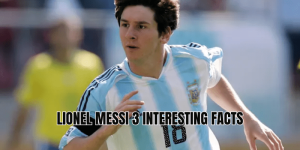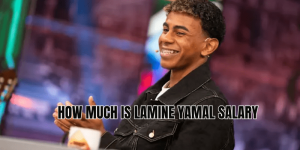When why Griezmann failed at Barcelona trends in search queries, it’s more than just fan frustration—it’s a cautionary tale in football’s complex alchemy of talent, tactics, identity, and ego. From an eye-catching €120 million signing to a turbulent spell that led to a loan and eventual exit, Antoine Griezmann’s time at Barça remains one of the more fascinating “what went wrong?” chapters in modern football history. In this article, KorKick will take you behind the scenes: peeling back tactical mismatches, institutional chaos, personality clashes, and statistical evidence that shows why his Catalan dream never fully materialized.
The Hype Versus The Reality: Expectations On Arrival
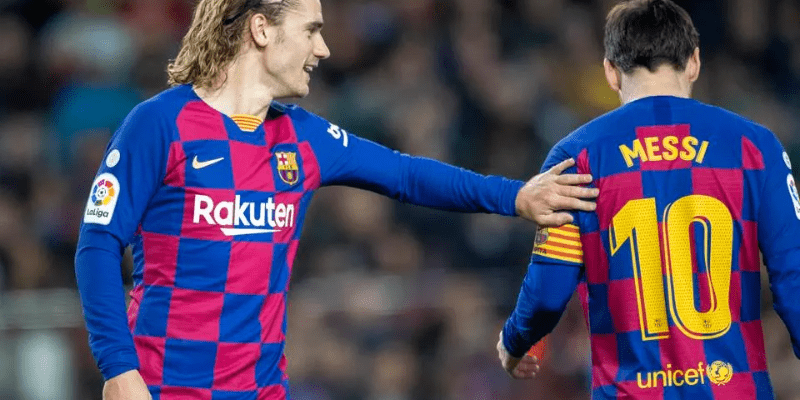
When Griezmann joined Barcelona in 2019, the fanfare was enormous. After a stellar run at Atlético Madrid, where he combined goals, intensity, and a distinct identity as a hybrid forward, Barça believed they were securing an upgrade. But almost immediately, the signs of trouble emerged.
A price tag that bred pressure
At €120 million, Griezmann’s transfer was among the most expensive in club history. That sum brought insatiable expectations—and any underperformance would be magnified. His output over 102 appearances for Barça fell short of what most envisioned for such an investment.
Misaligned tactical usage
Griezmann was rarely deployed in the same role where he thrived at Atlético. Rather than being free to roam, press, and contribute across the final two-thirds, he frequently found himself confined to fixed zones—or worse, overlapping with Lionel Messi’s operational space. Critics argue that to fit him in, Barça shifted their structure in unnatural ways, undermining both Griezmann and team cohesion.
Identity conflict: you can’t be everything
Griezmann’s best performances came when he had clarity and freedom—a forward who could press, drop, assist, and finish. At Barça, he was often squeezed into an unnatural mold: sometimes a winger, sometimes a false nine, sometimes a link-up man. That lack of a steady role undercut his effectiveness and confidence.
Tactics, Chemistry and Positional Chaos
why Griezmann failed at Barcelona is inseparable.
Overlapping with Messi: Clash more than complement
One oft-cited reason is the overlap—some even blame Messi’s presence for holding Griezmann back. The two players operated in similar attacking spaces, and the need to preserve Messi’s primacy restricted how Griezmann could operate. Ex-players have argued that sharing those positional qualities created friction and role ambiguity.
Structure inflexibility
Barcelona historically favored structured patterns: positional discipline, tight passing lanes, controlled possession. Griezmann’s style—more intuitive, fluid, high-energy—didn’t always conform. He needed lateral bursts, reactive movements; Barça’s system often asked him to be static or predictable.
Teammate adjustment and chemistry problems
You can’t plug in a star and assume seamless chemistry. Some of the established Barça players shifted to accommodate Griezmann, creating friction or overlap in responsibilities. Moreover, internal rotations and managerial changes prevented stable frameworks where he could find rhythm.
Institutional Woes and Timing
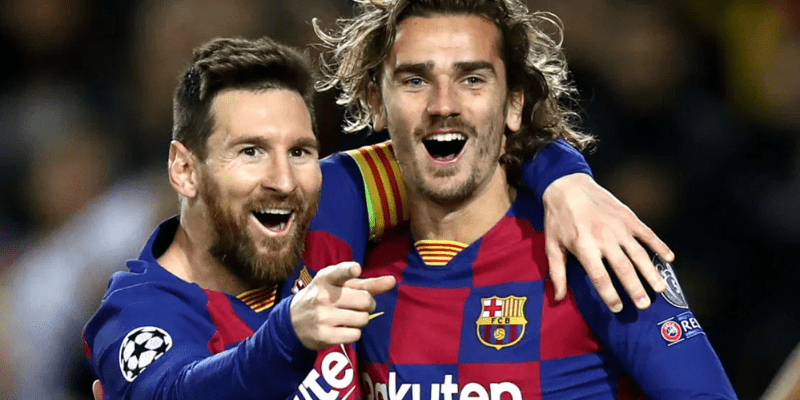
Even a top player can struggle when the club around him is sinking.
Financial strain and boardroom instability
Barcelona’s deep financial crisis during those years diverted attention. The club couldn’t always afford to double down on integrating Griezmann with complementary signings. Institutional chaos—managerial changes, wage constraints—meant he sometimes felt like a mismatch amid instability.
Coaching carousel
Different coaches had different visions. With each change—Valverde, Setién, Koeman, Xavi—Griezmann had to adapt anew. He never got a long, consistent run under one philosophy to truly flourish.
A club in transition
The era he entered was transitional. Barça were transitioning from the Messi-Xavi-Iniesta era to a new generation, attempting to recalibrate identity. Griezmann was expected to be part of that future, but that future was itself unsettled.
Numbers Don’t Lie: Statistical Underperformance
La Liga stats
During his league spells at Barça, Griezmann made 74 appearances, scoring 22 goals and providing 11 assists. While not disastrous, that output fell short relative to expectations for someone of his profile.
Overall return
Across all competitions, his goal ratio hovered below what Barça and fans hoped. He did not significantly outshine or compensate for structural inefficiencies.
Relative drop from Atlético form
At Atlético, Griezmann had more consistent success in goal contributions and dee. The drop in his attacking numbers and influence in critical matches exposed how he was underutilized or miscast at Barça.
Personal Reflections, Regrets, and Redemption
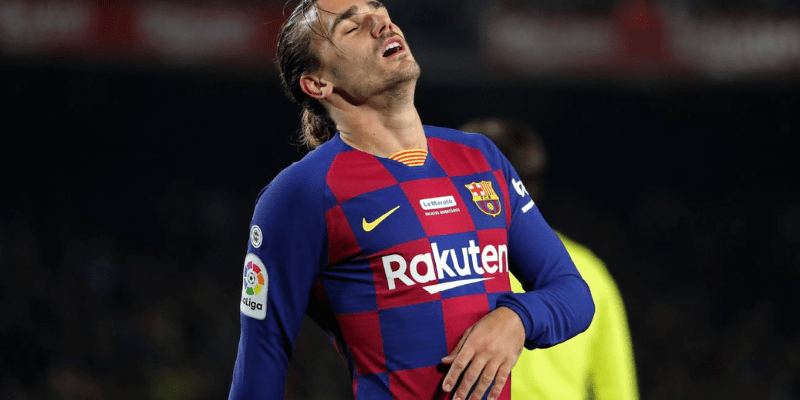
Even Griezmann later acknowledged that his move had not unfolded as he had hoped. He admitted that leaving Atlético for Barcelona a “mistake” and that he “wasn’t as happy” in Catalonia as he was back in Madrid.
He also spoke of frustration and introspection—feeling small, needing to work harder to find meaning, carbureting energy in unfamiliar roles. Over time, his return to Atlético allowed him to rediscover form, belonging, and confidence.
But narratives around him at Barça remain conflicting: some argue he was misunderstood, undervalued; others claim he failed to adapt. Part of the fault lies with him—but a large share rests with mismatch, overexpectation, and structural failure.
Lessons for Clubs and Players
When a high-profile signing struggles, fans and punditsarch for a single villain. But why Griezmann failed at Barcelona teaches deeper lessons:
- Fit > Fame: Even elite players must align with tactical identity.
- Patience and stability: Repeated coaching changes kill momentum.
- Clear roles: Overlapping stars need clear delineation, not forced adaptation.
- Institutional strength: When the club is weak, even great signings falter.
- Self-awareness: Even stars must judge where they can thrive, not just chase prestige.
Final Thoughts
Why Griezmann failed at Barcelona is not a one-dimensional story of “flop” or “mistake”—it’s a layered saga of misalignment, disruption, personality, and context. Griezmann wasn’t wholly to blame, but he alone couldn’t resurrect the magic. A club in crisis, tactical inconsistency, overlapping stars, and shifting managerial visions all conspired against the Frenchman.
If you’re a fan who wants deep dives into football’s toughest sagas, KorKick invites you to explore more profiles, tactical breakdowns, and transfer analyses. Share this article, drop your view: do you think Griezmann was set up to fail—or simply didn’t adapt?

